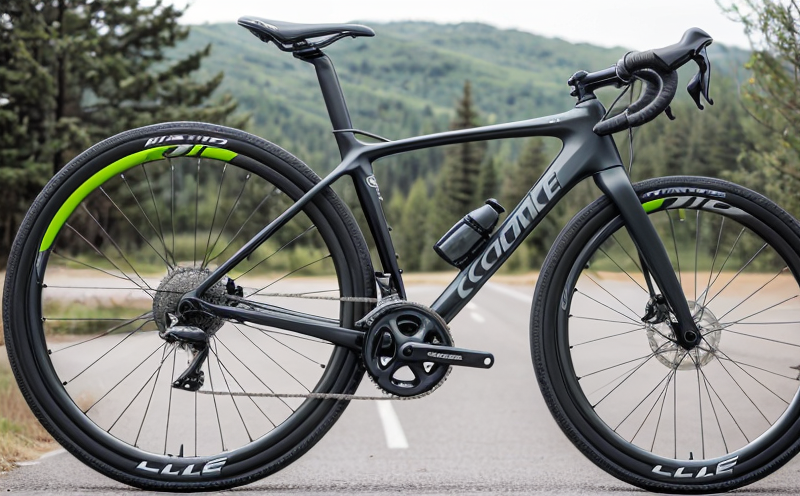GB/T 34013 Cycle Life Testing of Lithium-Ion Batteries under Low Temperature
The GB/T 34013 standard specifies the procedure for cycle life testing of lithium-ion batteries in low-temperature environments. This method is crucial for ensuring that batteries perform reliably and safely across a wide range of temperatures, which is particularly important given the increasing demand for electric vehicles (EVs) and energy storage systems.
The test aims to evaluate how well lithium-ion cells maintain their performance over time when subjected to low temperatures. It simulates real-world conditions where batteries are often used, such as in cold climates or during extended periods of operation under adverse environmental conditions. The protocol is designed to be stringent and comprehensive, ensuring that the results accurately reflect the battery's lifecycle within a realistic temperature range.
The testing procedure involves charging and discharging the lithium-ion cells according to predefined cycles at specified temperatures. The cycle life test ensures that the battery can undergo numerous charge-discharge cycles without degradation beyond acceptable limits. This process not only tests the battery’s ability to hold a charge but also its durability against internal stress and potential failure points.
Understanding the implications of low-temperature environments on battery performance is critical for manufacturers, as it directly impacts the vehicle's range and overall reliability. By adhering to GB/T 34013 standards, manufacturers can ensure that their batteries meet stringent requirements set by regulatory bodies and industry best practices.
The test parameters include a variety of factors such as temperature control, charging/discharging cycles, and monitoring intervals. These factors are carefully controlled to simulate real-world conditions accurately. The testing apparatus is designed to maintain precise temperature settings throughout the duration of the tests, ensuring that the results are reliable and reproducible.
The acceptance criteria for this test specify the permissible limits for capacity retention, voltage variations, internal resistance changes, and other critical parameters. Compliance with these standards ensures that batteries meet or exceed performance expectations in both laboratory and field conditions.
Applied Standards
| Standard Name | Description |
|---|---|
| GB/T 34013 - 2017 | Cycle life testing of lithium-ion batteries under low temperature conditions. |
| IEC 62660-5 | Battery chargers and battery packs for electric road vehicles - Part 5: Battery performance test procedures. |
Quality and Reliability Assurance
- Consistent temperature control to within ±0.5°C throughout the testing duration.
- Detailed monitoring of voltage, current, and internal resistance during each cycle.
- Regular calibration and validation of test equipment to ensure accuracy.
- Comprehensive data logging and analysis to identify trends and anomalies.
Environmental and Sustainability Contributions
- The testing ensures that batteries are optimized for use in cold environments, reducing the need for heaters or other auxiliary systems in vehicles.
- Better performance of lithium-ion cells under low temperatures can extend battery life, which contributes to reduced waste and environmental impact.





